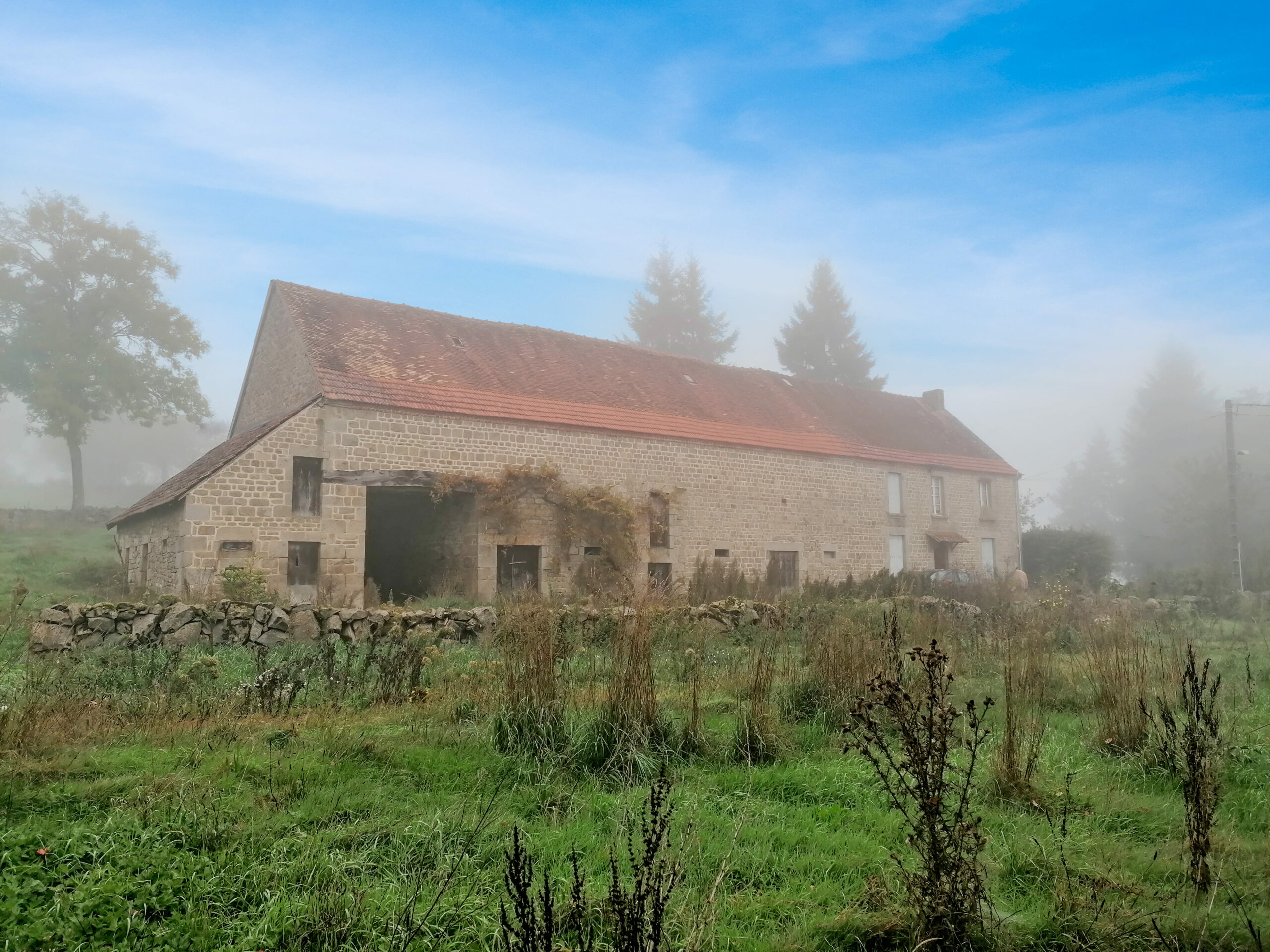
Legal Advice Buying in France : what every foreign buyer should know
Buying or selling property in France? This guide explains every step of the ownership transfer process: notaries, contracts, taxes, and hidden pitfalls. Clear, practical, and tailored for foreigners, it shows how to protect your interests and avoid costly mistakes.





